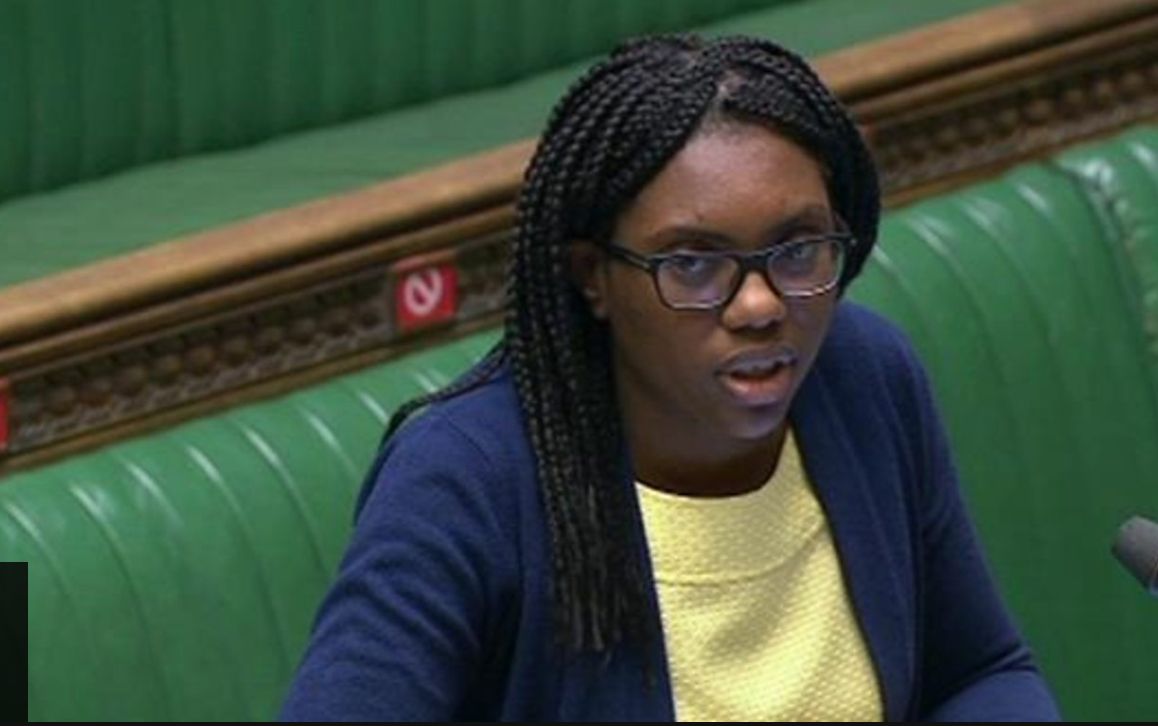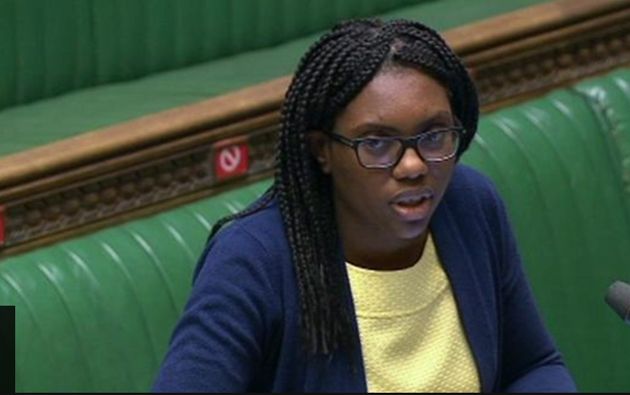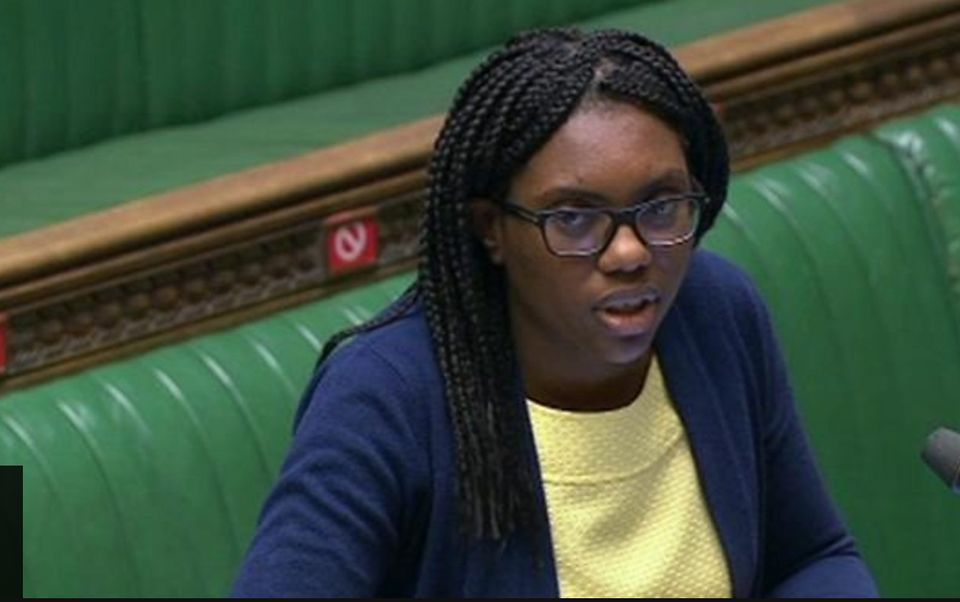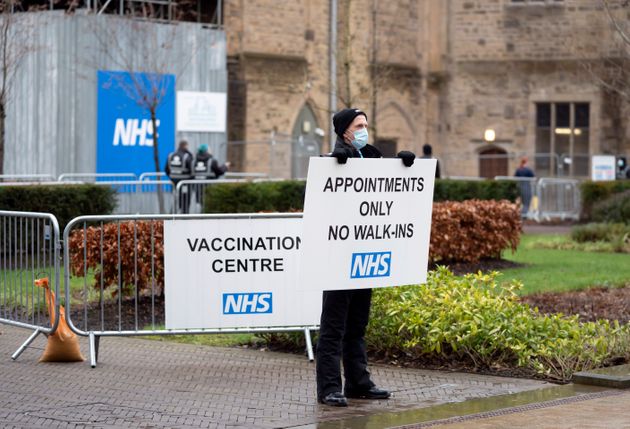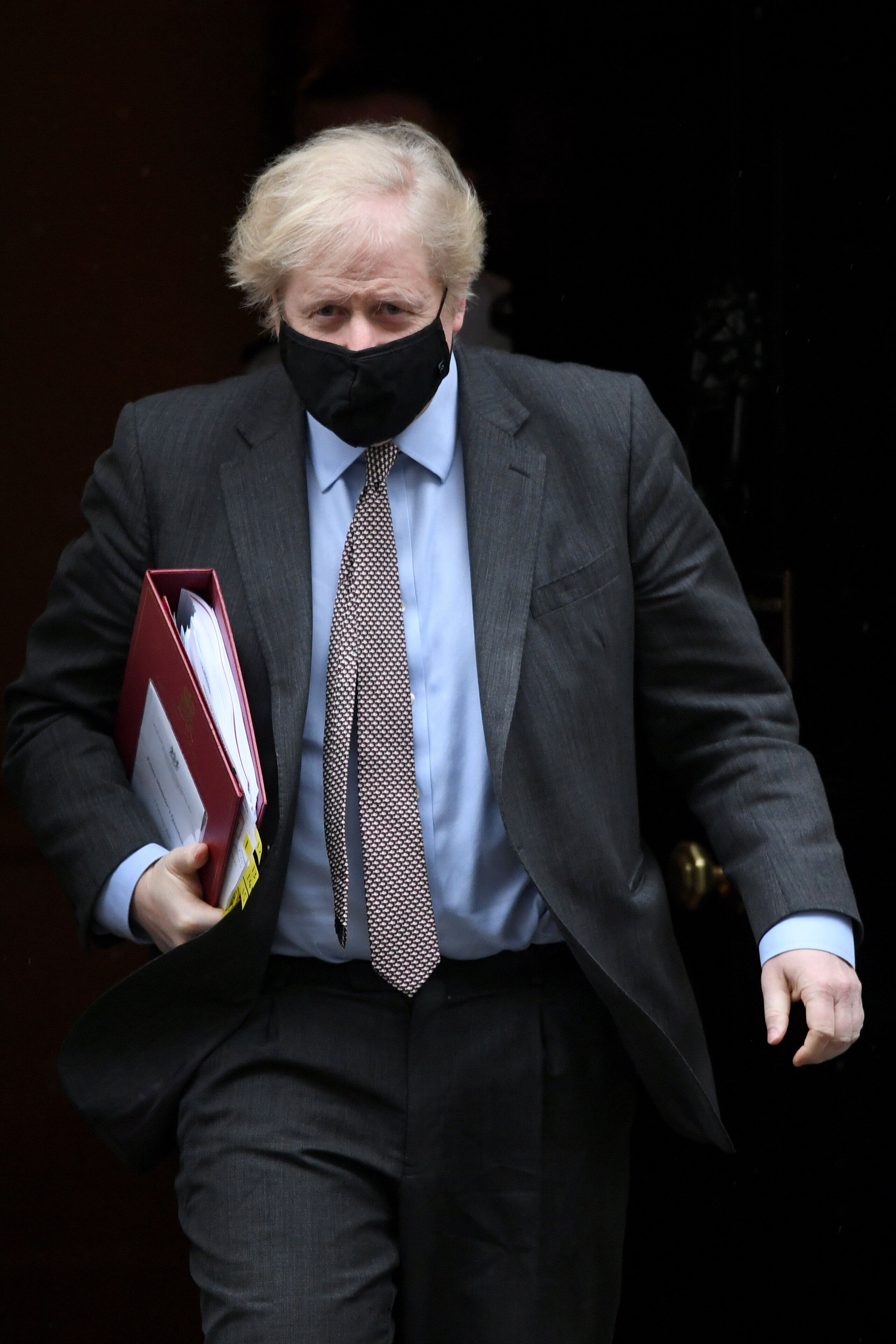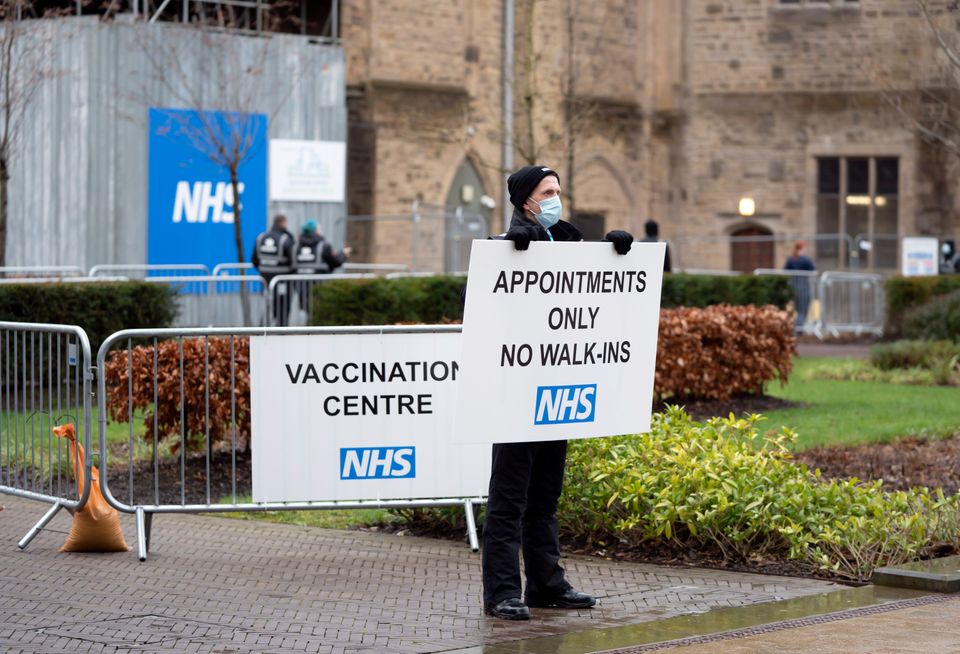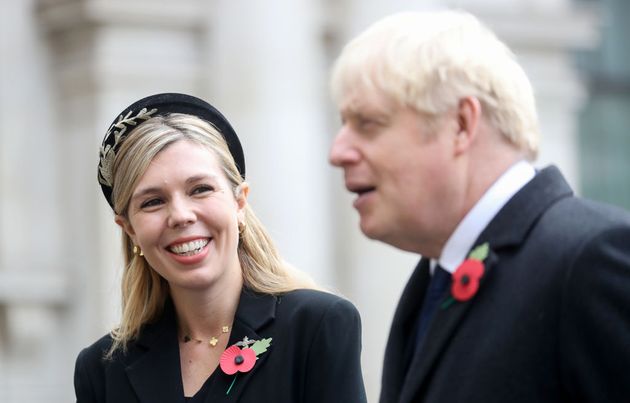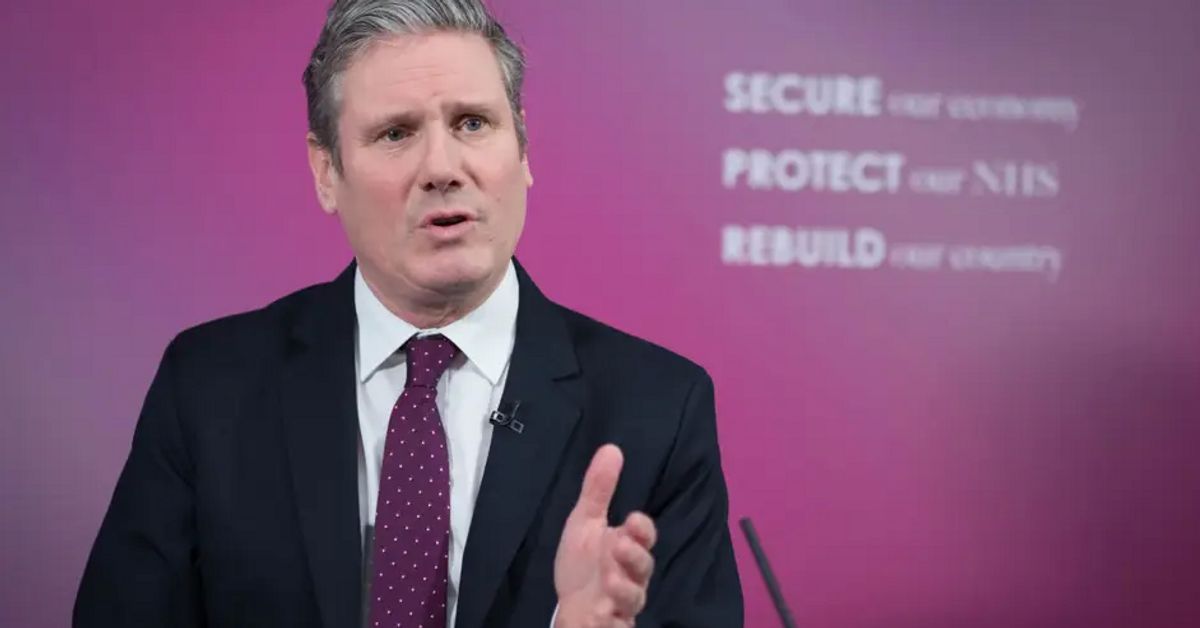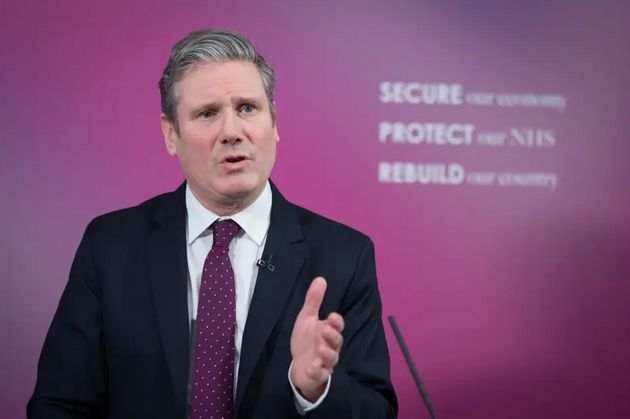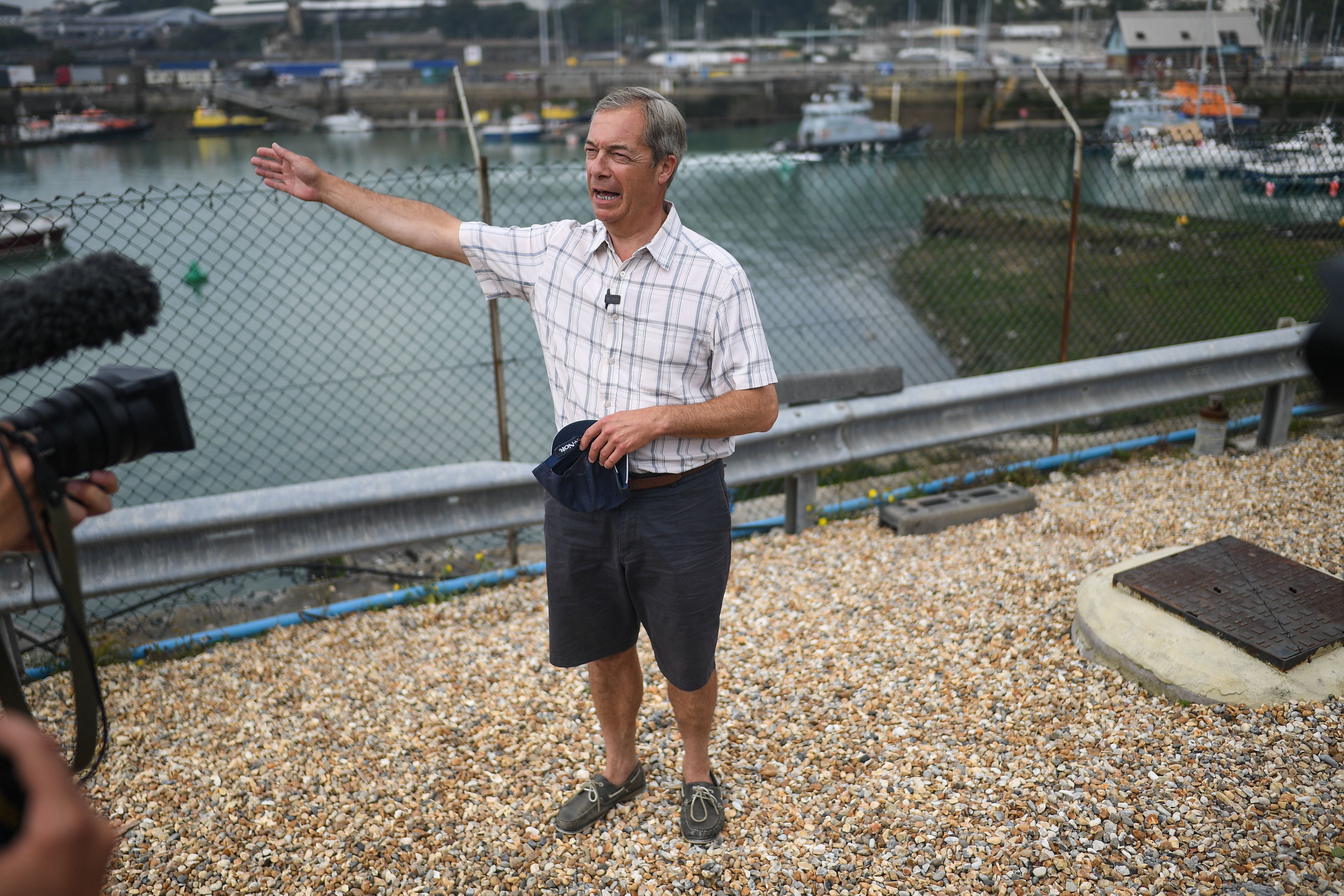
Nigel Farage has been called out by the Home Office over a tweet in which he claimed 12 migrants arriving in Dover on Saturday had tested positive for coronavirus.
The Reform UK leader detailed what he described as a “Covid crisis” and called on home secretary Priti Patel to “get a grip”.
Covid crisis in Dover this morning. One migrant boat with 12 on board and they all tested positive for the virus. Get a grip @pritipatel.
— Nigel Farage (@Nigel_Farage) February 27, 2021
But hours later the Home Office refuted the claim, saying none of the people referred to by Farage had tested positive.
“This is incorrect,” it said in a tweet. “None of these 12 people tested positive for Covid-19. All adults who arrived today have been tested for Covid-19.”
@nigel_farage This is incorrect. None of these 12 people tested positive for Covid-19. All adults who arrived today have been tested for Covid-19
— Home Office (@ukhomeoffice) February 27, 2021
Four small boats in total carrying 87 people including children made the dangerous Channel crossing into the UK on Saturday.
The Home Office has said all adults who arrived in Dover were tested for Covid-19, and only one person tested positive.
It is not known how Farage obtained the false information and his tweet is yet to be deleted.
HuffPost UK has contacted Reform UK for comment.
Elsewhere, a new study last week found those who support Reform UK are the least likely to take up the offer of a coronavirus jab.
Only 53.7% of those planning to vote for Reform UK favour taking the vaccine, a two-wave study by Oxford University found.
This contrasts dramatically to over 90% for supporters of the Conservatives, Labour and the Liberal Democrats, at 94.8%, 91.4% and 92.1% respectively, and 100% for those who intend to vote for the SNP.
People who did not know who they would vote for were less likely to take the vaccine at 82.6%, as were supporters of the Green Party at 77.4%.
The study found strong relationships between political attitudes and intention to accept the jab, with whether you voted for Brexit also appearing related to vaccine acceptance, according to Oxford researchers.



